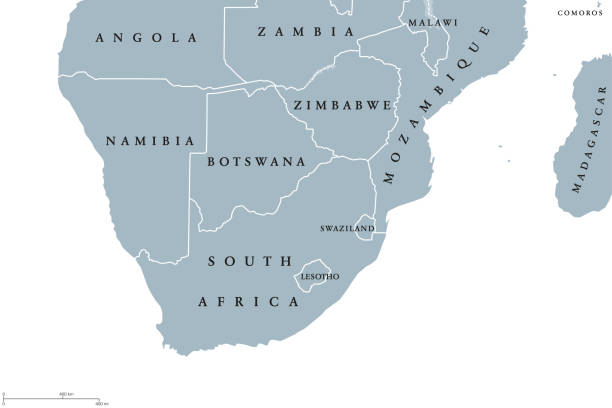The brutal death of 7-year old Tapiwa Makore not only shocked people in Zimbabwe. Also in neighbouring countries people followed Zimbabwe’s most notorious ritual murder case. After all, ‘muti murders’ are well known in Southern Africa.
The following article was written by Prof. Jairos Kangira, who writes from Namibia.
Warning: Some readers may find the following article disturbing.
(FVDK).
Opinion – Tapiwa Makore: The evil men do

PhD in Rhetoric Studies (University of Cape Town)
Published: August 1, 2023
By: Prof Jairos Kangira – New Era Live, Namibia
Last month, when the Zimbabwe High Court sentenced to death the two murderers who brutally murdered seven-year old boy, Tapiwa Makore, for rituals in 2020, there was a sigh of relief in his family and among a groundswell of sympathisers in that country and internationally that had been traumatised by the horrific act of the convicts, Tapiwa Makore senior (the boy’s uncle) and Tafadzwa Shamba. Ironically, Tapiwa Makore senior killed his namesake, his brother’s son named after him.
Both the traditional media and social media were awash with stories and comments saying that the death sentence was an appropriate punishment for the two heartless men who killed Tapiwa and cut his body into parts after severing his head. That the killers cooked the boy’s head and took it to a traditional healer for muti purposes in Mozambique shows that some barbaric African beliefs in ritual killings still exist in some people’s sociocultural milieu in Zimbabwe.
The killers’ motive in kidnapping the boy and murdering him on that fateful day was to use their victim’s body parts for muti to boost a cabbage business. In normal senses, people may ask what connection there is between human body parts and cabbages which need sufficient manure, fertiliser and water, not human blood, to grow.
Senseless and irrational to think that their cabbage business could flourish by ritual killing. That the killers summoned the angels of death to play an oversight role as they butchered the innocent primary school boy for business purposes indicated the devils in them. For committing this dastardly and inhuman act, some have argued, these murderers deserved a worse punishment than the death penalty, if something like that exists. Others have argued that the two ritual killers must have their limbs cut off before they are finally hanged so that they can feel the pain before they die. This illustrates the depth of the contempt people have of these murderers.
This cold-blooded murder has led many rightful thinking people to question the sanctity and essence of human life, when a small boy can lose his life just like that to elders who should have protected him in the first place. Is life really worth living? Is life sacrosanct? Is life sacred?
These rhetorical questions come into one’s head when one hears about horrendous stories of the ritual killings of children. There are many moral verses in the Bible on what Jesus said about the care and innocence of children such as the seven-year-old Tapiwa Makore who unnecessarily had his life cut short at a tender age.
I find this verse as one of the appropriate quotes of what Jesus said about children: “If anyone causes one of these little ones – those who believe in me – to stumble, it would be better for them to have a large millstone hung around their neck and to be drowned in the depths of the sea (Matthew 18:6). This verse pronounces a death sentence to those who do bad things to innocent children. I am not a preacher, and I am not attempting to be one here. The point I am making is that, truly speaking, the chilling murder of Tapiwa Makore is a negation of what Jesus said about treatment of children.
Instead of giving him love and kindness, the brutish elders drugged the unsuspecting boy using an illicit brew before they killed him and dismembered his lifeless body. A callous act, indeed.
When I was discussing Tapiwa Makore’s fate with my colleagues recently, we concluded that we could have faced the same fate when we were young. Each of us recounted the countless times we would be sent on errands by our parents to some remote villages on our own. We oftentimes looked after livestock in the plains and forests where we could have easily become victims of murder by unscrupulous elders from our villages or strangers.
Truly, the murder of Tapiwa Makore is like fiction. It is a story best described as hell has no fire.
Professor Jairos Kangira is a professor of English at the University of Namibia. Email address: kjairos@gmail.com
Source: Opinion – Tapiwa Makore: The evil men do

